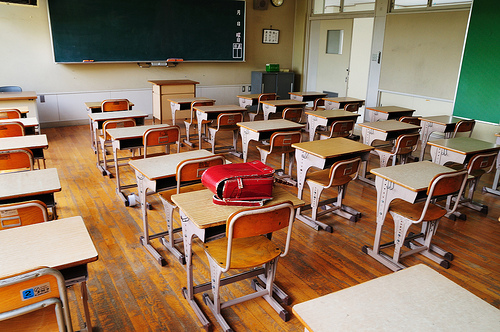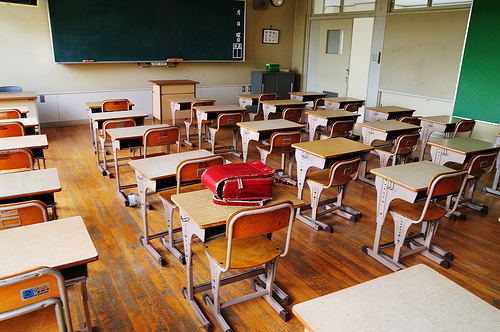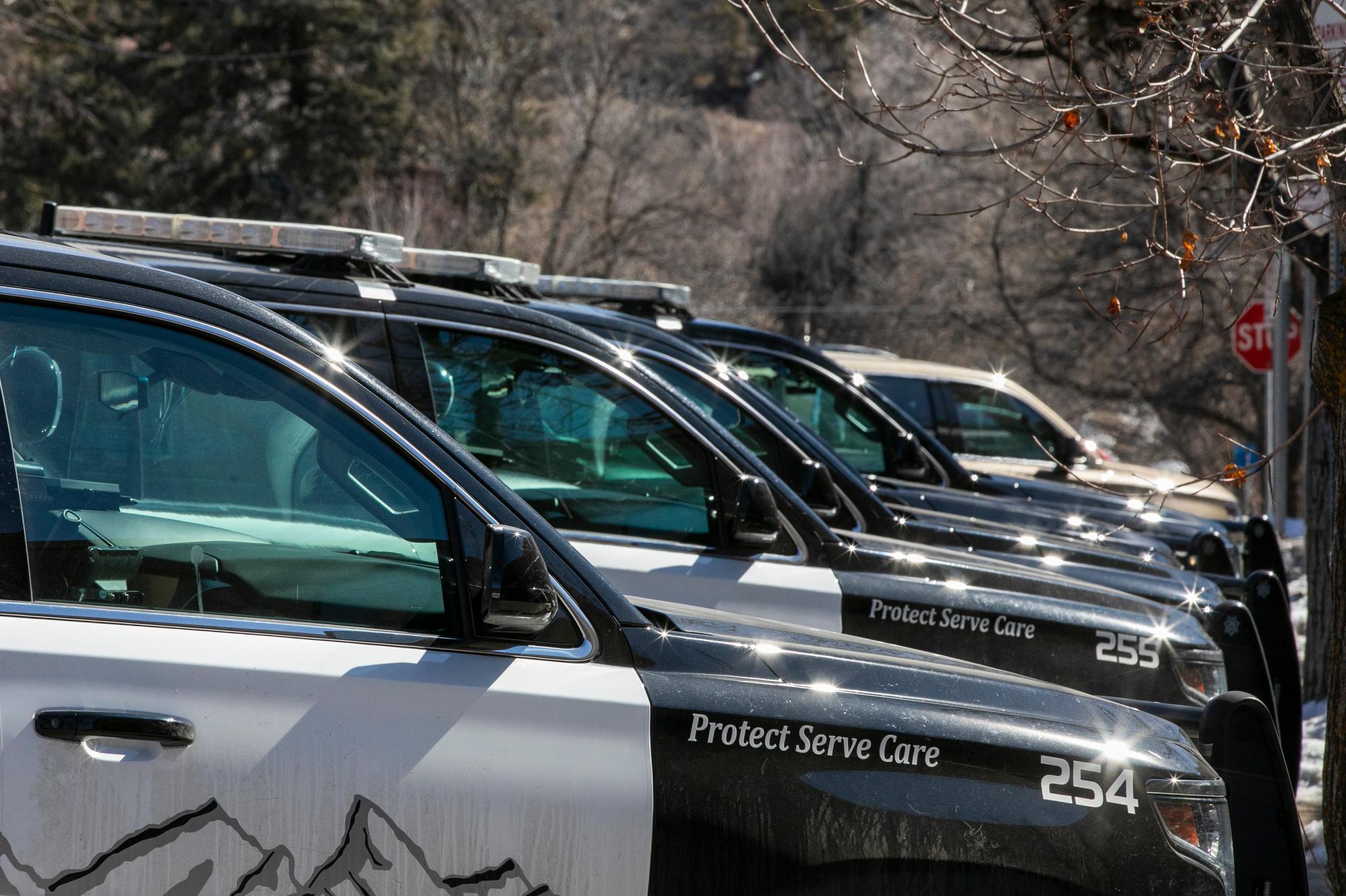

As students across Colorado begin a new school year, and a nationwide conversation about which bathroom transgender students should be allowed to use continues, Boulder Valley School District (BVSD) knows where it falls on the issue.
BVSD has been held up as a national example for its policy supporting transgender youth. The U.S. Department of Education and Justice cited the district in a joint guidance released in May, which encouraged schools to ensure the rights of transgender students. And, earlier this summer, BVSD received praise from the Human Rights Campaign, the nation’s largest LGBTQ advocacy group, for its policies and practices.
Months following the White House's directive that transgender students should be allowed access to the restroom that aligns with their gender identity, a federal judge in Texas granted a nationwide injunction, blocking the guidance.
BVSD superintendent Bruce Messinger has been following the issue closely. He said he was disappointed by the news, but the school district established its formal policy in 2012 and will continue to adhere to it and refine it.
"I've read news accounts of this and I think it's a really strong reaction, and probably does not fully represent all the schools that will be impacted by this decision," said Messinger. "My hope would be is that we can get to a more moderate position and have schools and school districts work within their communities."
He added that even in Boulder Valley, "understandably, there are folks that see this in different ways... But we aren't creating an environment that's unsafe or takes away appropriate privacy for any age of youth."
Messinger spoke with Colorado Matters host Nathan Heffel, along with 19-year-old Michael Clymer, who graduated from New Vista High School in south Boulder and was a champion for LGBTQ inclusion there.
Clymer on the classroom culture at New Vista High School:
"We had a very intense, schoolwide equity program, where we, as students, learned about racism, or sexism, classism, all that stuff. We would focus on three different 'ism's' and have really intense, deep discussions and really learn together about the world, about people who are different from us, and about respect. ... High school is a tough time for any student, regardless of your identity. However, I think at New Vista... it was never a question of if they were welcome. It's how can we welcome them."
Messinger on what motivated putting formal policy into place:
"As our school communities became more familiar with the needs of students and their families, then we look to policy, which is sort of our major guidance [to create] a setting, expectation and support system where all students -- regardless of their unique characteristics or needs -- and staff can be both welcomed and successful."
On how this affects student learning:
Clymer: "I think with a larger organization, such as a school district, policy's always the first step. But it's never the last. So I think the policy that was implemented in 2012 was a top-down attempt to make a larger cultural shift. [It's] in place so that educators and staff members can get education and professional development so they can be part of implementing a larger paradigm shift. And that is what ultimately leads to students feeling it in the classroom."
Messinger: "It is my belief that if the environment isn't welcoming, safe and secure for all of us, then getting to the learning part is going to be really difficult."
On the bathroom issue:
Messinger: "What I think all of us want and value is privacy, and so can we accommodate that for students whether they're young children or high school level?"
Clymer: "I think privacy is something that is always a part of the conversation... But it's a basic human right to be able to pee. To be very very frank, that's what it is."
Messinger on locker rooms:
"Locker rooms are a major issue for student activity because, what I have discovered, many [transgender] students simply don't access them. So we're trying create environments where students can feel comfortable in facilities and have access to them. And if they want more or less privacy, they have the ability to do that. There are some basic needs and functions that we all have, and we need to be thoughtful about where social norms either inhibit that access or create environments that don't feel safe or welcoming."








